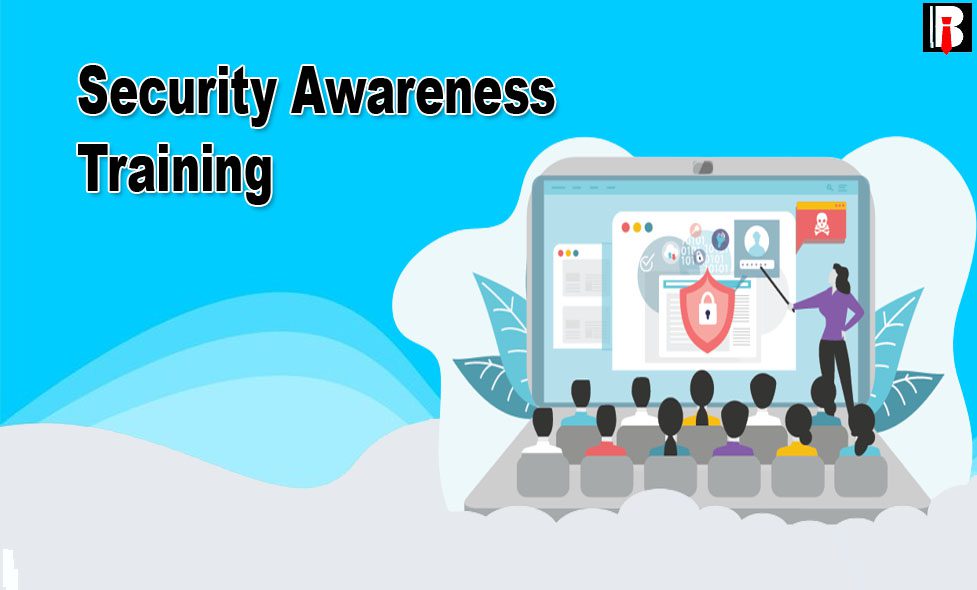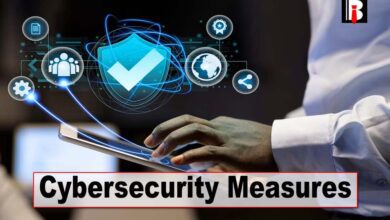Why is Security Awareness Training Important for Employees?
Security professionals believe that security awareness training is the best method for reducing the danger of cyberattacks. Security awareness is the understanding and information which is provided to people about potential risks, threats, and best ways to secure themselves and their organizations. Employees that participate in security awareness training will learn effective cybersecurity practices that will reduce security threats. It involves being aware of digital security weaknesses and taking proactive measures to reduce the risks of hacking and thrifting. IT and security experts utilize security awareness training to reduce and prevent user risk. In this blog, we will discuss why security awareness training is important for employees.
Quick Shortcut Headlines
Why Security Awareness Training Is Important for Employees
There are numerous reasons security awareness training is important for employees, such as:
For Reducing the Risk of Malware and Phishing Attacks
Malware software is the biggest reason for hacking nowadays. Employees educated on malware threats or software are likelier to avoid downloading harmful software. One of the most popular tools used by online criminals is phishing. They might threaten users or claim that their accounts have been locked, or they might make promises of advantages like receiving free goods. A user who clicks on a harmful link will probably be taken to a form targeted to collect personal information. Even worse, their network-linked device, which is also connected to the company’s network, might have malware.
For Protecting Personal Devices by Detecting Cyber Attacks
Companies with undertrained staff frequently experience data loss and theft as a result of negligence. Both money and time are needed to restore lost data or save additional consequences. Additionally, it temporarily tampers with the company’s brand image, which may have an impact on the target market and how they perceive the brand. Properly trained, employees can identify and report suspicious activities that may indicate a data breach. They can identify signs of cyber-attacks, enabling a timely response to alleviate the damage.
For Compliance with Regulations and social engineering tactics
Security awareness training ensures employees know and fulfil relevant laws and regulations. By integrating security awareness into organizational values, employees become more alert and proactive in protecting data. Healthcare, finance, and real estate are a few examples of businesses that are at risk of social engineering. Therefore, proper training will protect the reputation of the business. Any incorrect information that gets out there could eventually hurt a brand’s reputation.
For Improved Password Security

Security awareness training underlines the importance of strong and unique passwords because it can reduce the risk of unauthorized access to your organization. Training on security awareness always advises watching, keeping an eye on, and keeping track of any unusual activity. It is always a good idea to use secure passwords, set up alerts that could be a code phrase, and mark any questionable communications in your passwords to protect their security. All of these procedures will help both people and businesses avoid helpless situations.
To Identifying Physical Security Risks
Security training includes recognizing potential physical threats, such as following or unauthorized access to secure areas. Employees trained in security awareness are more likely to exhibit responsible behavior while browsing the internet, reducing the risk of malware infections. They also make separate emails for their personal and business use, which also helps to reduce the risk of data stealing.
For The Protecting of Organization’s Reputation
Security incidents can destroy an organization’s reputation easily. Its awareness helps employees support their reputation by avoiding potential drawbacks. Security training helps employees understand the importance of safeguarding intellectual property, reducing the risk of leaks or theft. Therefore, proper training can safeguard the reputation of the business. Any incorrect information that gets out there could eventually harm a brand’s reputation.
To Avoiding Legal Obligations and Empowering Employees
Awareness of security policies and procedures ensures employees obey legal requirements, avoiding potential legal consequences. Security awareness training empowers employees by equipping them with the necessary knowledge and skills to protect themselves and their organization from harm or cyberattacks. Employees are given the tools and knowledge they need to protect themselves from security threats through that can empower the employes.
Conclusion
Security awareness training is very important because it helps employees protect sensitive data, phishing attacks, malware, and regulations and promotes responsible internet usage. It also helps employees protect personal devices and data, uphold the organization’s reputation, avoid financial losses and identity threats, enhance collaboration, and empower employers to avoid legal liabilities. By incorporating security awareness training into the organizational culture, employees become more alert and proactive in protecting their data and organizations. Through education and ongoing awareness efforts, organizations can significantly reduce the risks associated with security incidents, protecting sensitive data, maintaining business continuity, and promoting a culture of security among employees.



